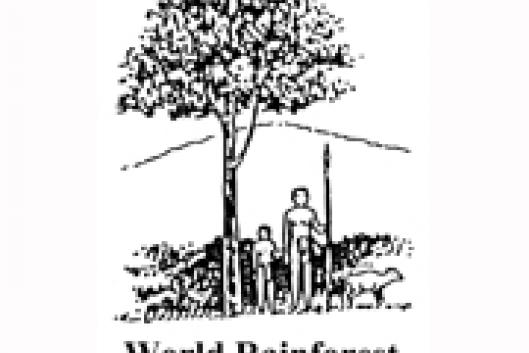Buenos Aires, November 1998
Declaration
The WRM is deeply concerned about the direction in which the climate change negotiations seem to be leading, particularly after the Kyoto Protocol. A great number of Northern governments appear to be currently more concerned about seeking to buy their way out of their responsibilities to the global environment --particularly through the Clean Development Mechanism-- instead of implementing actions to effectively counter the greenhouse effect. On the other hand, many Southern governments seem to be equally interested in such approach, and eager to sell their environmental services at the best price possible.
The climate change problem which the world is confronting is however well-known and so are the remedies. The buildup of greenhouse gases in the atmosphere is the result of unsustainable production and consumption practices. One of the main greenhouse gases is carbon dioxide. The majority of the emissions of this gas stem from two main sources: the use of fossil fuels and deforestation processes (which release carbon stored in biomass). The remedy is therefore to eliminate the use of fossil fuels and to put a stop to deforestation.
The question is not whether these solutions are possible to achieve now (the knowledge and technology certainly exist), but if governments are creating conditions to reach that objective and if solutions will be implemented before the world's ecosystems and societies reach a total colapse. Unfortunately, this does not seen to be the case.
Tropical forest peoples from all over the world are witnessing a major push in oil and gas exploration --in many cases promoted by multilateral development banks--and are struggling to put a stop to it. Southern governments, hand in hand with Northern oil and gas companies, repress those peoples, while Northern governments turn a blind eye on what their companies do. Those local peoples, while defending their own rights, are simultaneously defending the global environment, given that if their struggles are successful it will mean that less fossil fuel emissions will be released to the atmosphere and fewer tropical forests destroyed.
Deforestation processes continue unabated and the destruction will continue until major changes are introduced to the current unsustainable global economy. Here again, local peoples are standing up to defend their forests and forest lands and are also repressed by their governments to the benefit of local elites and transnational corporations in the logging, mining, oil, plantation, agriculture, aquaculture and other production areas.
Tree plantations, promoted as one of the main solutions to climate change, are themselves resulting in further deforestation processes in many Southern countries, where forests are being substituted by monoculture tree plantations. At the same time, this solution is creating further problems to local peoples and local environments, as the displacement of local populations (resulting in further deforestation), the depletion of soil and water resources, the elimination of habitats of local wildlife and flora, etc.
We therefore demand governments present at the COP4:
1) To undertake real commitment to forest conservation by supporting --instead of repressing-- local communities willing to preserve their forests
2) To create conditions to allow local communities to manage their community forests, including the legal recognition of the territorial rights of indigenous and other traditional forest and forest-dependent peoples
3) To address the land-tenure issue and promote a genuinly participatory agrarian reform in order to avoid planned and unplanned peasant migrations to the forests
4) To avoid the promotion of large-scale monoculture tree plantations (particularly exotics) and to promote the re-establishment of forests through the plantation of species native to each area in those cases where local communities are willing to bring their forests back
5) To avoid the implementation of infrastructure and other projects which could directly or indirectly result in deforestation processes
6) To address the international underlying causes of deforestation and forest degradation
7) To coordinate with other international processes dealing with equally important environmental issues, such as the Convention of Biological Diversity and the Intergovernmental Forum on Forests, to make sure that initiatives within the different processes are not antagonistic to each other, such as in the case of the promotion of large-scale carbon sink tree plantations, which contribute to further deforestation and biodiversity loss.
